
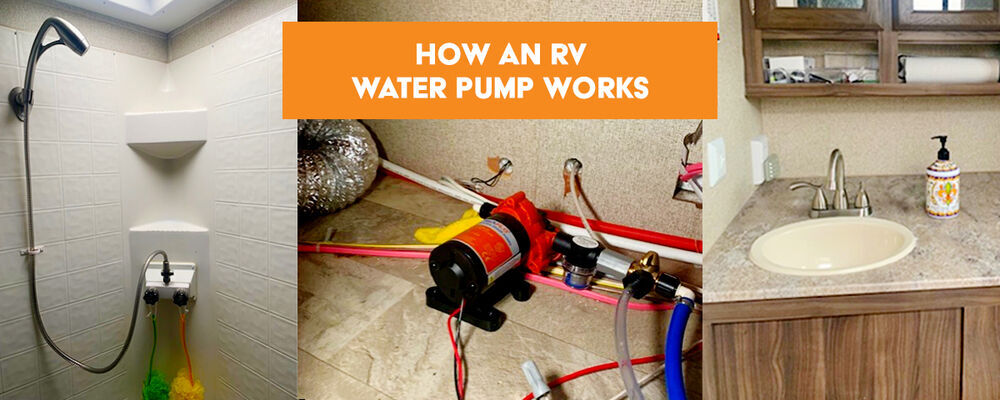
How Does an RV Water Pump Work?
Everything an RVer Needs to Know
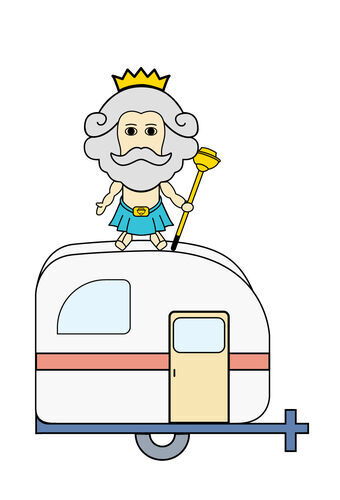
How Does an RV Water Pump Work?
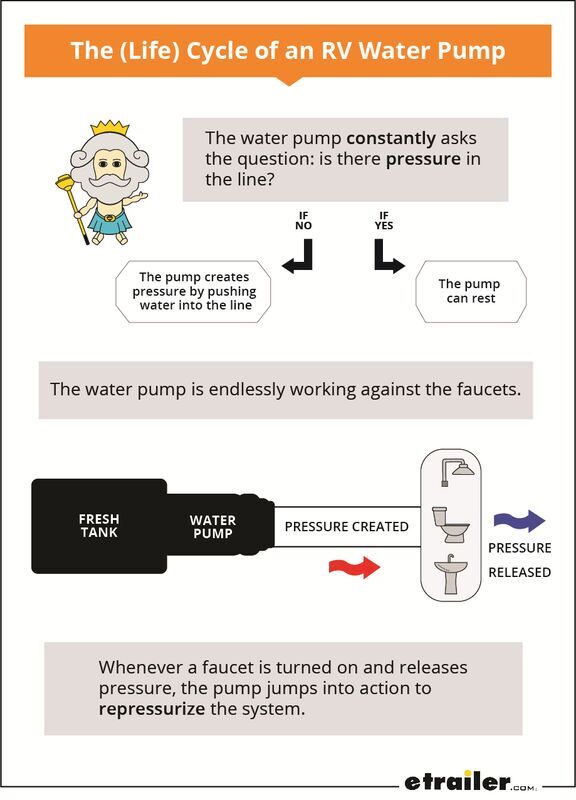
How (And When) to Turn On and Use an RV Water Pump
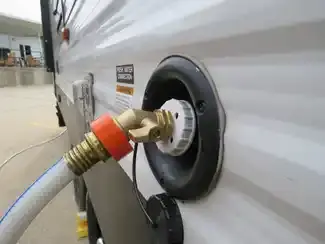
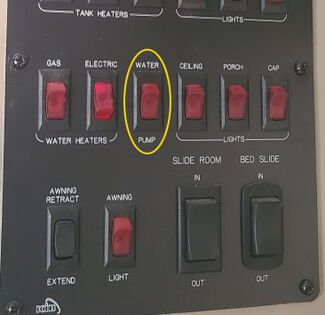
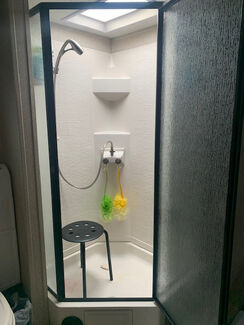
Can I Leave My RV Water Pump On?
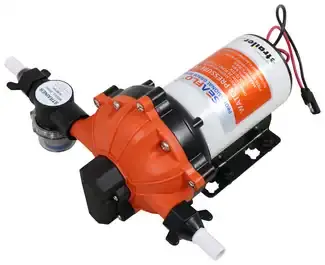
How Long Should an RV Water Pump Run?
How to Quiet an RV Water Pump
A lot of the water pump noise comes from the pump vibrating against the hard wooden surface it's mounted on. So, one easy, affordable way to quiet your pump is to detach the pump and re-mount it on a foam or rubber pad. If your water lines are vibrating against any hard surfaces, use pipe insulation to quiet them. You can also purchase a pump silencing kit like this one to help reduce surges in water pressure and minimize pipe vibrations. Use an accumulator tank. These tanks allow the pump to reach shut-off pressure more smoothly, which leads to quieter operation. They install near your water pump and are similar in size. Replace your water pump with a quieter one. This probably isn't your first choice, but if all else fails, you may just need to find a quieter pump.
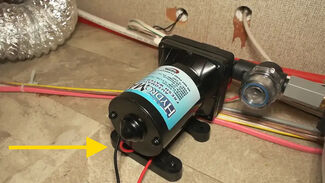
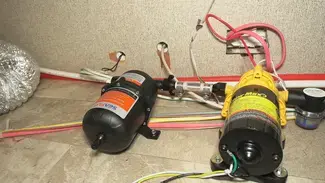
Where is the Water Pump Located in an RV?
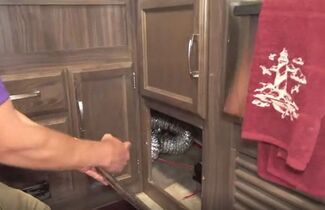
Does an RV Water Pump Run Off Battery?
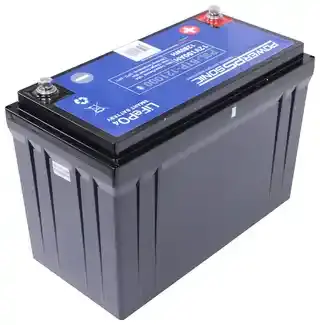
How to Winterize an RV with a Water Pump
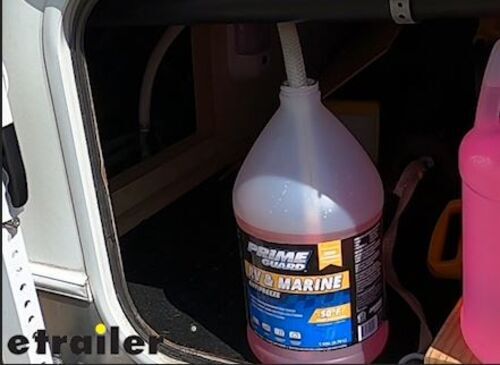

Departments
Towing
- Trailer Hitch
- Fifth Wheel
- Gooseneck
- Towing a Vehicle
- Front Hitch
- RV Hitch
- ATV Hitch
- HD Truck Hitch
- Vehicle Wiring
- Brake Controller
- Ball Mounts
- Weight Distribution
Sports and Recreation
Trailer Parts
- Utility Trailer
- Boat Trailer
- Landscape Trailer
- Enclosed Trailer
- 5th/Camper Trailer
- Car Hauler
- Horse Trailer
Vehicle
Contact & Help

What our customers are saying:
"I like the easy of navigation through the site. It only took me a couple of minutes to place my order. Thank You I will shop this sight again in the future."
Kevin
Manchester, MD
Popular Vehicles
- Subaru Forester
- Ford F-350 Super Duty
- Ford F-250 Super Duty
- Chevrolet Silverado 1500
- Jeep Wrangler Unlimited
- Jeep Wrangler
- Ram 3500
- Toyota Highlander
- Ram 2500
- Chevrolet Silverado 2500
- Subaru Outback Wagon
- Chevrolet Silverado
- Dodge Ram Pickup
- GMC Sierra 2500
- Ram 1500
- Ford F-250 and F-350 Super Duty
- Jeep Grand Cherokee
- Toyota Tacoma
- GMC Sierra 3500
- Toyota Tundra
- Ford Escape
- More >>


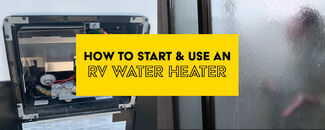
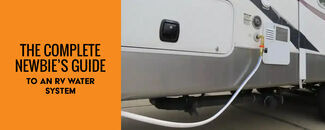
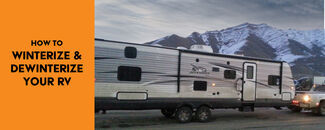
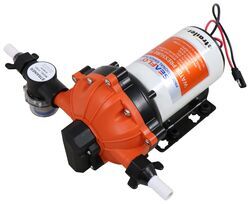
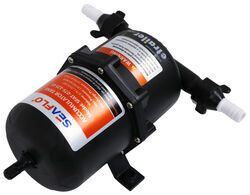
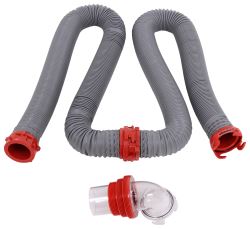















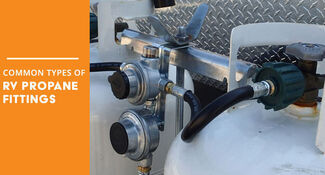
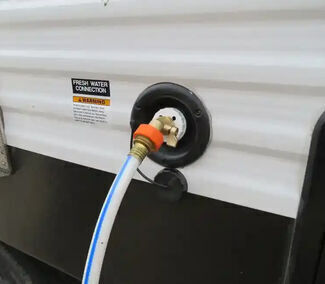
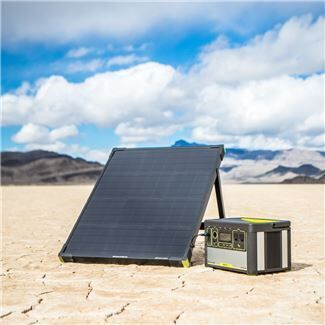
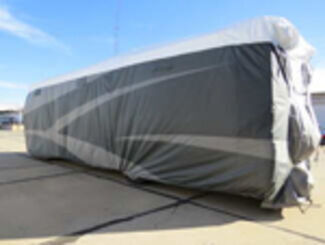





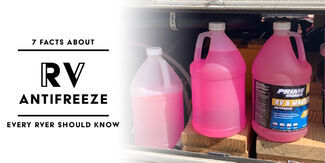
Nick
5/6/2023
I have had som problems with campsites having low water pressure when hooked up to 'city' water. Could I run city water pressure on the inlet side of my RV pump to increase the pressure? Will that damage the pump?